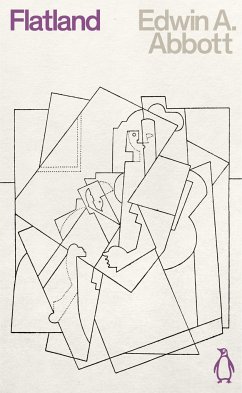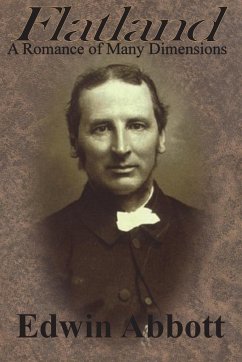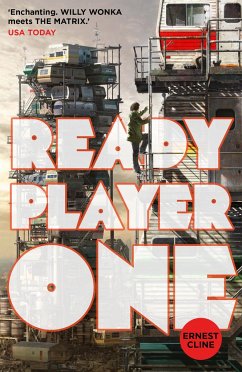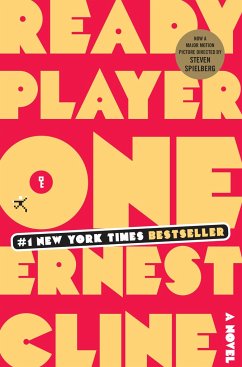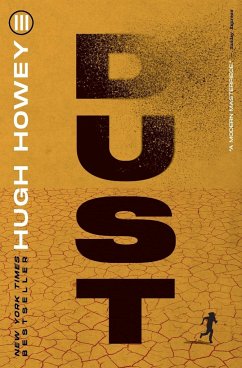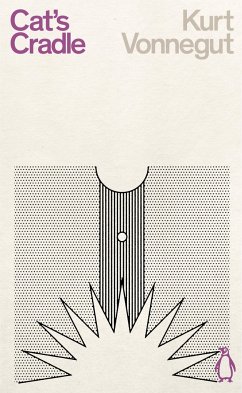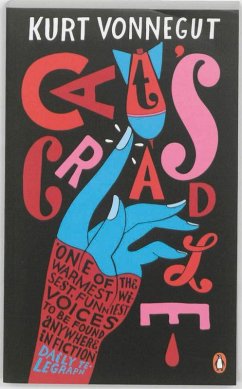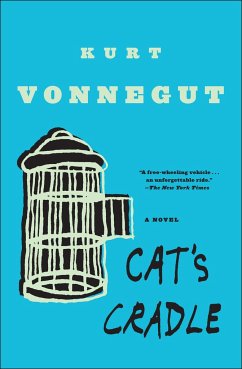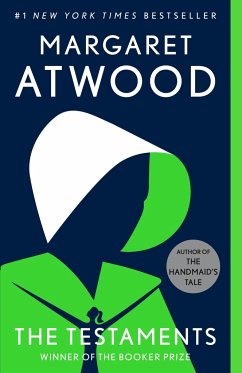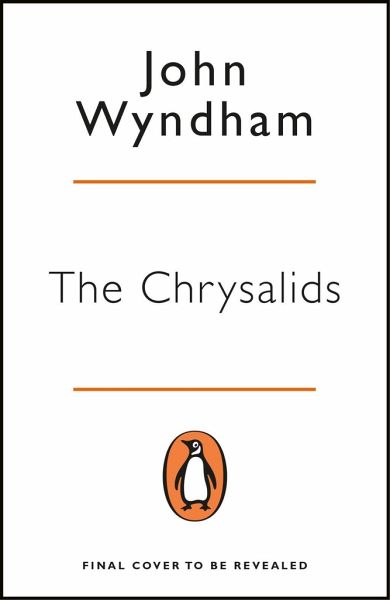
The Chrysalids
Versandkostenfrei!
Versandfertig in 2-4 Wochen
15,99 €
inkl. MwSt.
Weitere Ausgaben:

PAYBACK Punkte
8 °P sammeln!
'WATCH THOU FOR THE MUTANT!'It is many years since God sent the Tribulation to punish the forebears for their sins, and in the rural settlement of Waknuk David Strorm's father decries any and all blasphemies against nature. Little does he realise that David and his cousin Rosalind, have their own secret aberration which would label them as mutants. But as they grow older it becomes more difficult to conceal their differences from the village elders. Soon they face a choice: wait for eventual discovery, or flee to the terrifying and mutable Badlands. . .'An outstanding success' New York Times
'WATCH THOU FOR THE MUTANT!'
It is many years since God sent the Tribulation to punish the forebears for their sins, and in the rural settlement of Waknuk David Strorm's father decries any and all blasphemies against nature. Little does he realise that David and his cousin Rosalind, have their own secret aberration which would label them as mutants. But as they grow older it becomes more difficult to conceal their differences from the village elders. Soon they face a choice: wait for eventual discovery, or flee to the terrifying and mutable Badlands. . .
'An outstanding success' New York Times
It is many years since God sent the Tribulation to punish the forebears for their sins, and in the rural settlement of Waknuk David Strorm's father decries any and all blasphemies against nature. Little does he realise that David and his cousin Rosalind, have their own secret aberration which would label them as mutants. But as they grow older it becomes more difficult to conceal their differences from the village elders. Soon they face a choice: wait for eventual discovery, or flee to the terrifying and mutable Badlands. . .
'An outstanding success' New York Times




